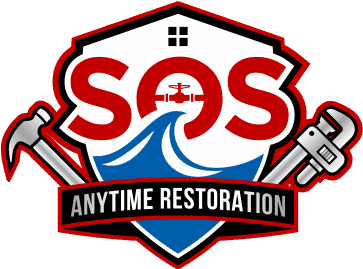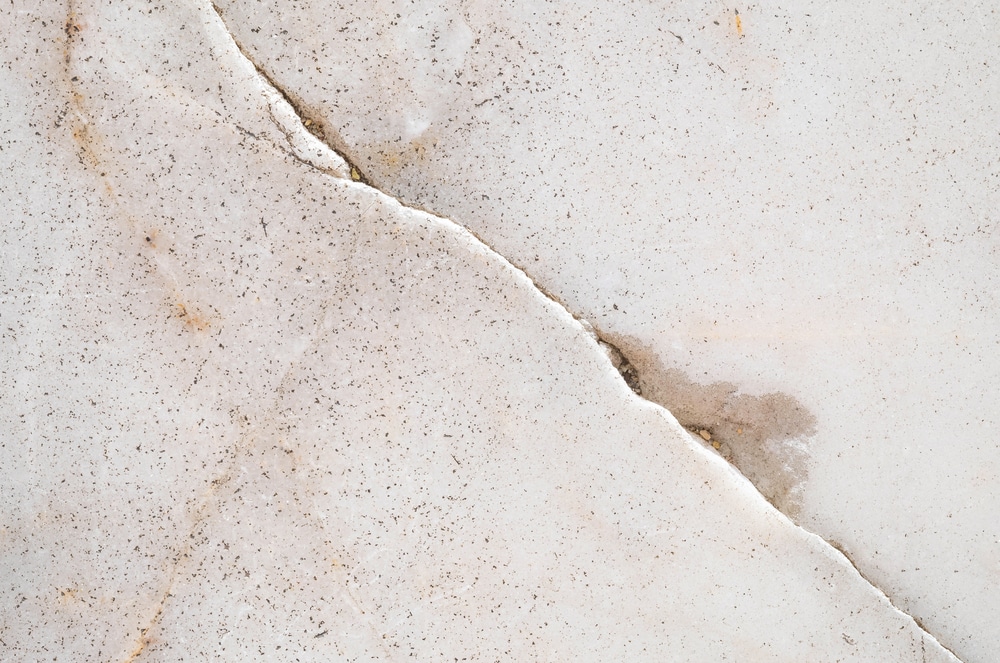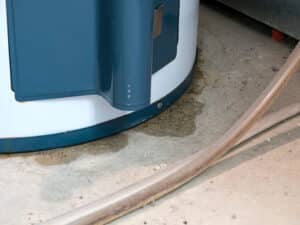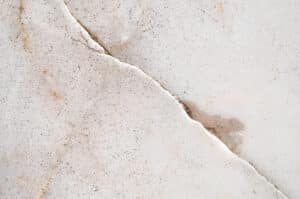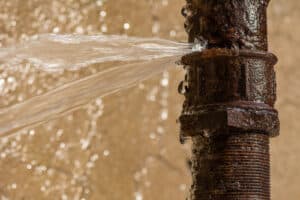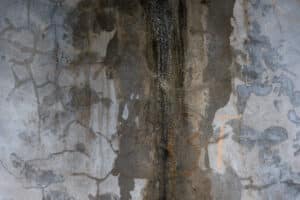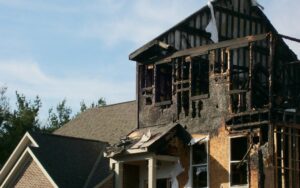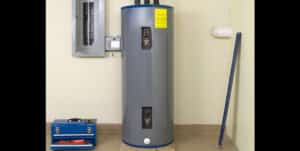Slab leaks can be a homeowner’s worst nightmare. They can cause extensive damage to flooring, walls, and the foundation of a home if left untreated. If you’ve discovered a slab leak, the first question you’re likely to ask yourself is whether to go for the DIY approach or hire a professional plumber. While DIY slab leak repair may seem like a cost-effective solution, it’s essential to weigh the pros and cons before making a decision. Professional slab leak repair offers a range of benefits, including specialized equipment, expertise, and a guarantee of quality workmanship. On the other hand, DIY repairs may save you money, but without the right skills and experience, you risk causing more damage to your home and facing costly repairs down the road. In this article, we’ll explore the advantages and disadvantages of DIY vs. professional slab leak repair, helping you make an informed decision on which approach is best for your needs.
What is a slab leak?
A slab leak occurs when the water supply lines or drainpipes running beneath the concrete foundation of a home develop a leak. The problem is often caused by corrosion or damage to the pipes, which can be due to a variety of factors, including shifting soil, earthquakes, and poor installation. Slab leaks can cause significant damage to your home, including mold, mildew, and structural damage. The sooner you detect and repair the leak, the less damage you’ll have to deal with.
Signs of a slab leak
Detecting a slab leak can be tricky, as the pipes are located beneath the concrete foundation of your home. However, there are a few signs to watch out for that may indicate a slab leak. These include:
- An unexplained increase in your water bill
- The sound of running water when all taps are turned off
- Wet spots on your flooring or carpet
- Cracks in your walls or foundation
- A decrease in water pressure
If you notice any of these signs, it’s crucial to call a plumber immediately to diagnose the problem.
DIY slab leak repair options
If you’re handy with tools and have some plumbing experience, you may be tempted to tackle a slab leak repair on your own. There are several DIY options available, including:
- Epoxy injection: This involves injecting an epoxy resin into the leaking pipe to seal the leak.
- Pipe re-routing: This involves bypassing the leaking pipe by rerouting the water supply line or drainpipe around the damaged area.
- Pipe cutting: This involves cutting out the damaged section of pipe and replacing it with a new one.
Benefits of DIY slab leak repair
The most significant benefit of DIY slab leak repair is cost savings. Hiring a professional plumber can be expensive, and if you have the skills and experience to tackle the repair, you can save a significant amount of money. Additionally, you’ll have more control over the repair process, and you won’t have to wait for a plumber to schedule an appointment.
Risks of DIY slab leak repair
The biggest risk of DIY slab leak repair is causing further damage to your home. If you don’t have the necessary skills and experience, you could end up causing more damage to your home or even injuring yourself. Additionally, if you don’t fix the problem correctly, you may end up facing costly repairs down the road.
Professional slab leak repair options
If you’re not comfortable tackling a slab leak repair on your own, you can hire a professional plumber to do the job for you. Professional slab leak repair options include:
- Tunneling: This involves digging a tunnel under the foundation of your home to access the leaking pipe.
- Pipe lining: This involves inserting a liner into the leaking pipe to seal the leak.
- Repiping: This involves replacing the entire water supply line or drainpipe.
Benefits of professional slab leak repair
The biggest benefit of professional slab leak repair is expertise. Professional plumbers have the skills, experience, and equipment necessary to diagnose and repair slab leaks quickly and effectively. Additionally, professional repairs are guaranteed, so if there are any issues with the repair, the plumber will fix them at no additional cost to you.
Risks of professional slab leak repair
The biggest risk of hiring a professional plumber is cost. Professional repairs can be expensive, and if the plumber encounters any unforeseen issues during the repair, the cost can quickly escalate. Additionally, you’ll have to schedule an appointment and wait for the plumber to arrive, which can be inconvenient.
Factors to consider when deciding between DIY and professional slab leak repair
When deciding between DIY and professional slab leak repair, there are several factors to consider, including:
- Your level of plumbing experience
- The severity of the leak
- The cost of repairs
- The potential for further damage
- The amount of time you have available
If you’re not comfortable tackling the repair on your own, or if the leak is severe, it’s best to hire a professional plumber. However, if you have the necessary skills and experience and are confident in your abilities, DIY repair may be a viable option.
Conclusion
Slab leaks can be a significant problem for homeowners, causing extensive damage to your home if left untreated. When deciding between DIY and professional slab leak repair, it’s essential to weigh the pros and cons carefully. While DIY repairs may save you money, they can also be risky, especially if you don’t have the necessary skills and experience. Professional repairs offer expertise, convenience, and a guarantee of quality workmanship, but they can be expensive. Ultimately, the decision on which approach to take will depend on your individual circumstances, including your level of plumbing experience, the severity of the leak, and the cost of repairs.
